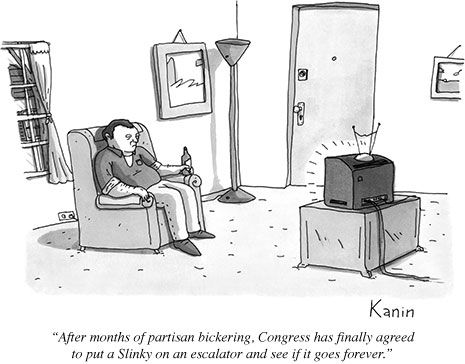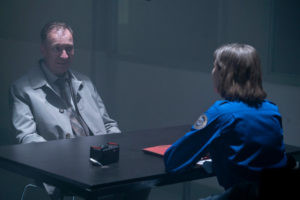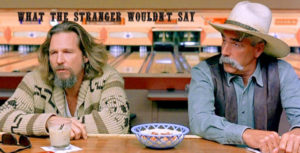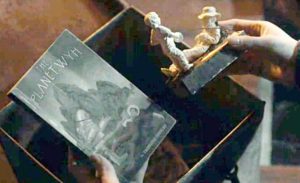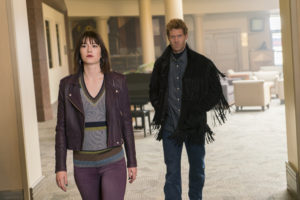Before we get to True Things, let’s address a blatant lie.
And that’s “Partisan bickering.”
The sentence itself isn’t false or dishonest. Or even inaccurate. But the use of it as political obfuscation is.
We are hearing it used often, thanks largely to those of us in the media desperate to coin a new term. Before this was “unmasking,” which we learned was used by the CIA, FBI, and other agencies declared enemies of the state by the administration.
We love jargon in journalism. It makes us feel like we’re part of the club. Like getting a merit badge in the Cub Scouts.
But like those badges, the term is all starch and no protein. Why, exactly, did we allow “Partisan bickering” become the dismissive epithet pundits and politicians use when they want to diminish the opponent? Partisan bickering is what politicians are supposed to be doing. That’s why they’re on the public dole: To argue, bicker, and finally vote on an issue that, almost by definition, has to have a divisive component.
To dismiss a political issue as a product of partisanship is like saying you went to a basketball game, but it just decayed into a contest of who had the greater athletic skill. Sometimes the differences are the point.
Now, dear bitches, some factslaps:
- A Huntington Beach resident has visited the parks of the Disneyland Resort every day since January 1, 2012, marking his 2,000th consecutive visit in 2017.
- Kenny G broke a Guinness World Record in 1997 for playing the longest note ever recorded on a saxophone: an E-flat for 45 minutes and 47 seconds.
- In Mississippi it’s illegal to have more than one child out of wedlock.
- “Response to Those who Criticise Me for Spending Money on Old Wine & Prostitutes” is a lost work by Aristippus, a disciple of Socrates.
- The Philippines consists of 7,641 islands.
- UK’s Royal Mail estimated in 2015 that it would cost £11,602 to send a letter to Mars.
- The Hollywood sign originally said “Hollywoodland.”
- The sale of Nazi memorabilia is prohibited in Argentina, Austria and many other countries in the world.
- “Cheesy” originally meant excellent.
- Rolling luggage wasn’t invented until 1970. Initially, stores didn’t want to stock it.
- In 2016, it was discovered that Beyonce’s “Empower Women” clothing line was made by female sweat shop laborers working on less than $7 a day.
- 56% of Americans believe Adam and Eve are real people, a 2014 poll found.
- 7% of all American adults believe that chocolate milk comes from brown cows, a separate survey found.
- 13th century Japan cultivated a particular banana for its fibers, which were used to line the insides of kimonos.
- Before unifying Italy, Giuseppe Garibaldi was a spaghetti salesman in Uruguay.
- Otters often cover their eyes when they take naps. (Thanks sis!)


